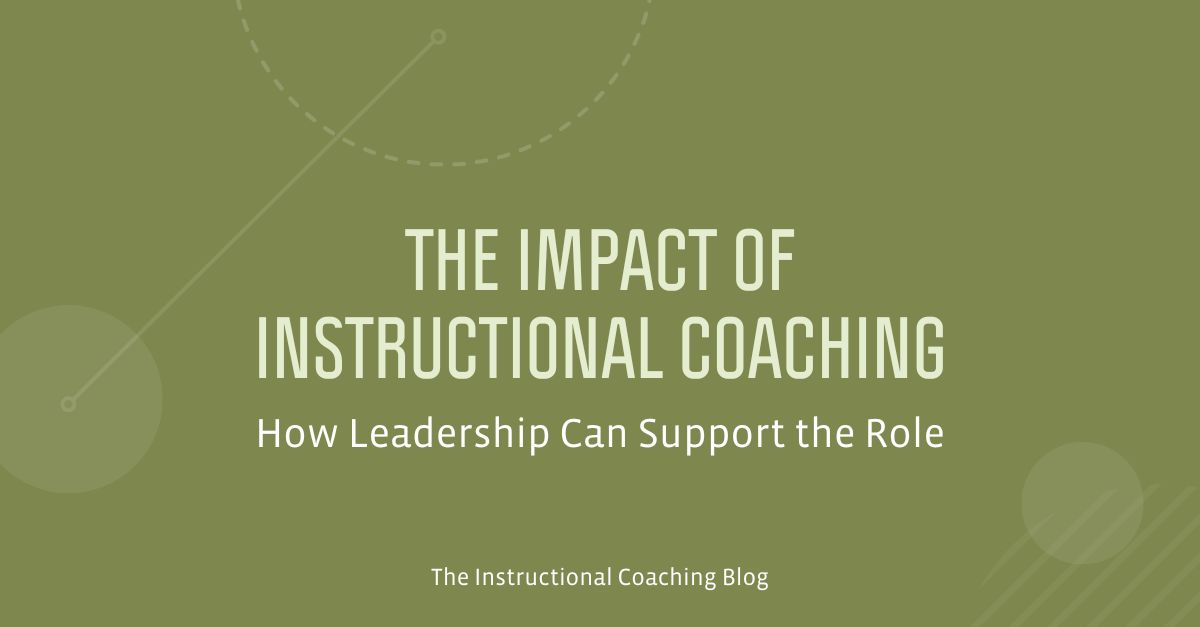If you’re an instructional coach—or you’re considering stepping into the role—you’ve probably faced the question: What exactly do you do? It’s a fair question. Instructional coaching is a relatively new profession in schools, and its impact can be profound when done right. But for that to happen, we need to understand what coaching truly is—and what it isn’t.
Not Your Typical Coach
When people hear “coach,” they often think of sports. But instructional coaching is different. It’s not about giving orders or running drills. It’s about partnership. Coaches work alongside teachers, not above them. They don’t come in with all the answers; they collaborate to find solutions together.
This distinction is crucial. Instructional coaches are there to empower teachers, not to dictate practices. They create a safe space for reflection, growth, and change.
Five Core Principles of Instructional Coaching
To understand the essence of instructional coaching, consider these five principles:
-
A Coach Is a Teacher Talking with a Teacher
Effective coaching is a partnership. Coaches and teachers work together as equals, sharing insights and strategies to improve teaching and learning. -
Learning Involves Seeing Reality as It Is
True growth comes from understanding the current reality. Coaches help teachers observe their practices, often through video, to identify areas for improvement. -
If There’s No Goal, It’s Just a Nice Conversation
Coaching without clear, meaningful goals leads to aimless chatter. Goals should be specific, relevant, and focused on student outcomes. -
It’s Not About Me
Coaches resist the urge to provide all the answers. Instead, they ask reflective questions, listen actively, and guide teachers to discover solutions themselves. -
Real Learning Happens in Real Life
The best learning occurs when teachers apply new strategies in their classrooms. Coaches support teachers as they implement and refine these practices.
The Role of Leadership in Supporting Coaching
For instructional coaching to thrive, school leadership must be actively involved. Leaders should:
-
Provide Clarity: Clearly define the coach’s role and ensure it’s understood by all staff.
-
Protect Time: Allocate dedicated time for coaching activities, free from other duties.
-
Foster a Coaching Culture: Encourage collaboration and continuous learning throughout the school.
-
Offer Resources: Provide access to professional development and tools that support coaching efforts.
When leadership and coaching work hand-in-hand, the entire school community benefits.
A New Kind of Teacher Learning
Instructional coaching isn’t about quick fixes or one-size-fits-all solutions. It’s about creating a culture of continuous improvement. It’s about teachers choosing to grow, with the support of a coach who believes in their potential.
As Jim Knight emphasizes, the most significant changes in education happen when teachers take ownership of their learning. Instructional coaches are there to facilitate that journey—not to lead it.
*Adapted from Jim Knight’s article “Hey Instructional Coach, What Do You Do?” originally published in Educational Leadership, 79(1). September 1, 2021.



























